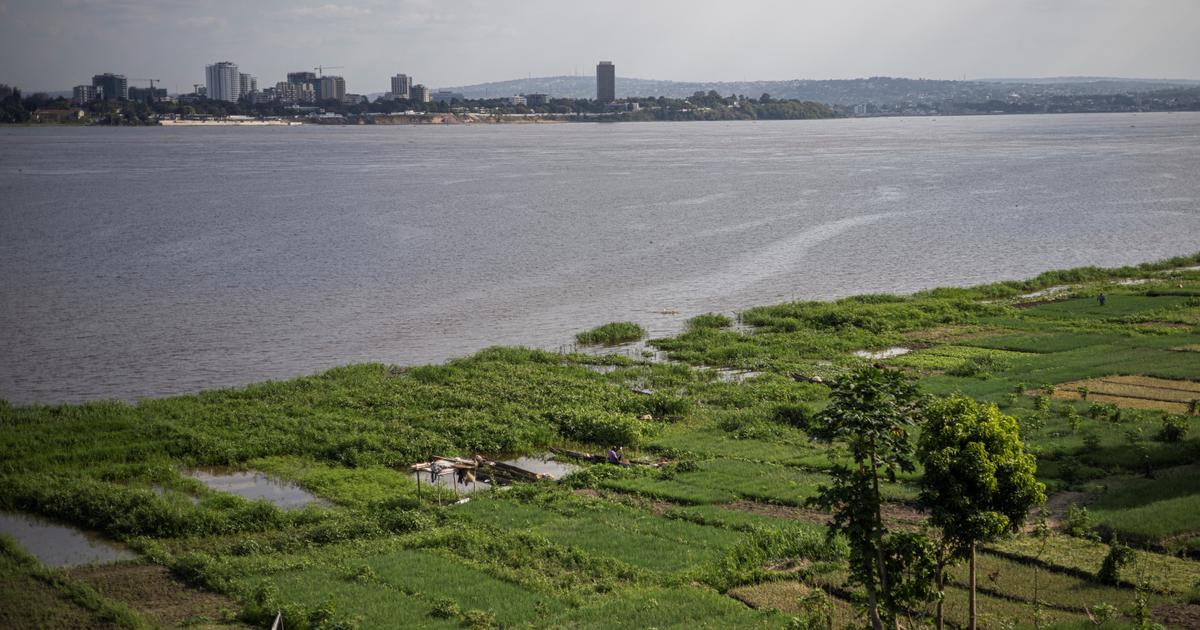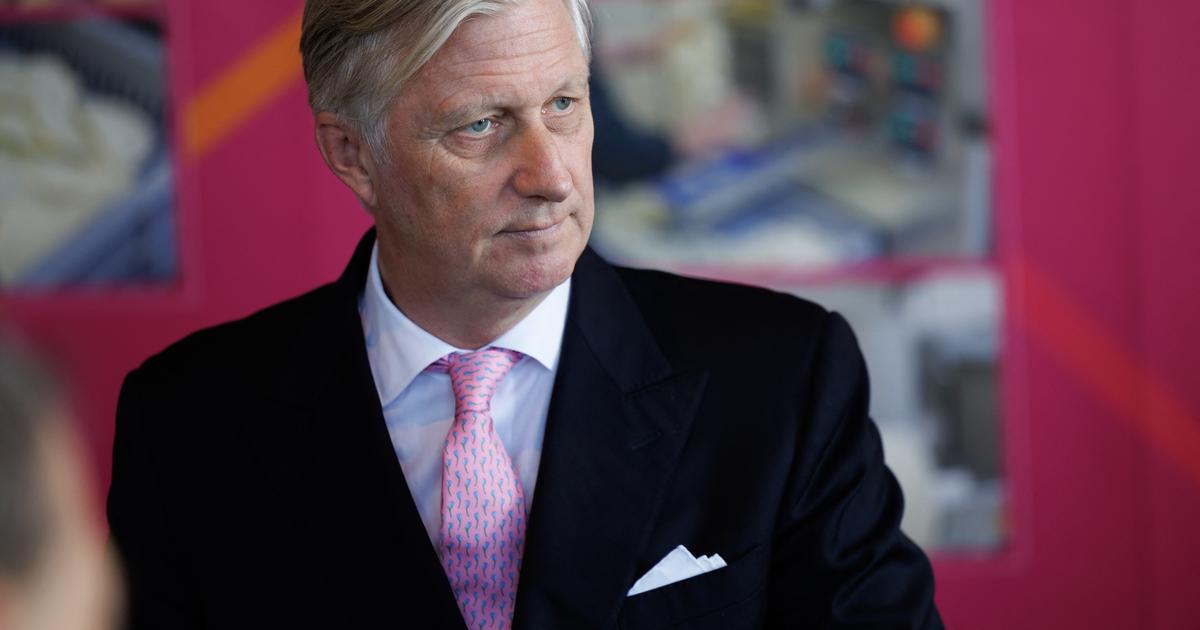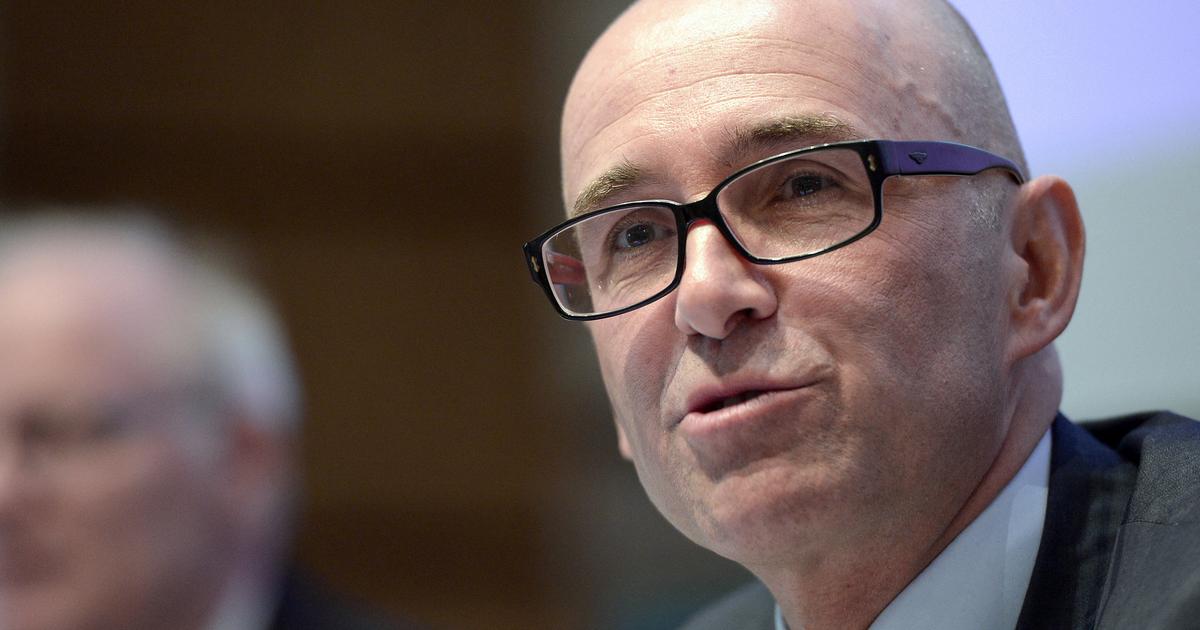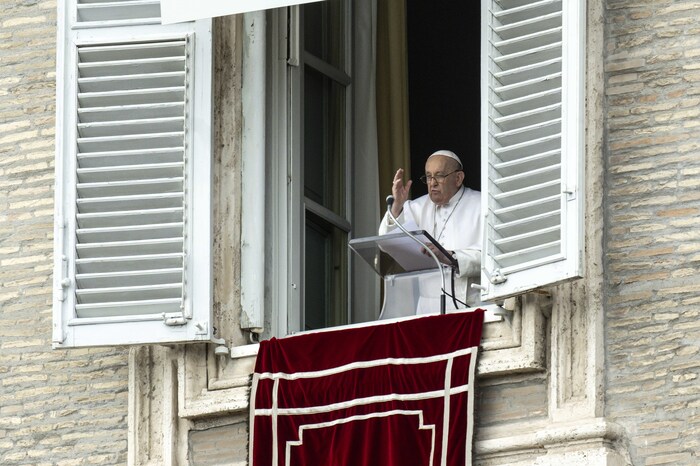Enlarge image
Ève Bazaiba, Minister of the Environment of the Democratic Republic of the Congo: "We did not accept it"
Photo: Lars Hagberg / AFP
Almost 200 countries agreed on an agreement at the end of the UN species protection conference in Montreal - but not all countries agree with the result.
Ève Bazaiba, the DRC's environment minister, said her country would write to UN Secretary-General António Guterres to set out the DRC's position on the final text, the Guardian reports.
'We didn't accept it.
We didn't accept the agreement," Bazaiba said and was open to negotiations before the next species protection conference.
She was sad that the usual procedure was not followed.
After hours of negotiations, the Chinese Environment Minister Huang Runqiu, President of the 15th Conference on Endangered Species, got down to business on Monday morning and, after hastily rattling off the document numbers and a short call to the plenum that he saw no contradiction, declared the agreement accepted.
Representatives of some of the poorer countries in particular criticized the fact that too little financial aid from the richer countries had been planned in the so-called "Kunming-Montreal" agreement.
According to the Democratic Republic of the Congo, these objections were not taken seriously enough, and in the end the adoption was pushed through against resistance.
Environmentalists urge implementation
Among other things, the agreement stipulates that 30 percent of the land and sea surface of the earth will be declared protected areas by 2030.
In addition, developing countries are to be provided with 20 billion dollars (18 billion euros) annually for nature conservation by 2025.
By 2030 it should be at least 30 billion dollars.
"We're finally starting to make peace with nature," UN Secretary-General António Guterres said in New York on Monday.
"This agreement is an important step for determined diplomacy and I call on all countries to honor it."
Representatives of non-governmental organizations also urged the countries participating in the summit to implement the goals agreed in the agreement.
"Governments got on the right side of history in Montreal, but history will judge them if they don't keep their promises," said WWF International director Marco Lambertini.
The participating states must now individually "design protection in their areas as strongly as possible," warned Jannes Stoppel from Greenpeace Germany.
There is also a funding gap.
The chairman of the Bund für Umwelt und Naturschutz Deutschland, Olaf Bandt, also said it was "too early to burst into real jubilation".
Many implementation and control issues are still unresolved.
"It is to be feared that our greed for raw materials in the food, forestry and mining sectors will wipe out the international successes."
ani/dpa















